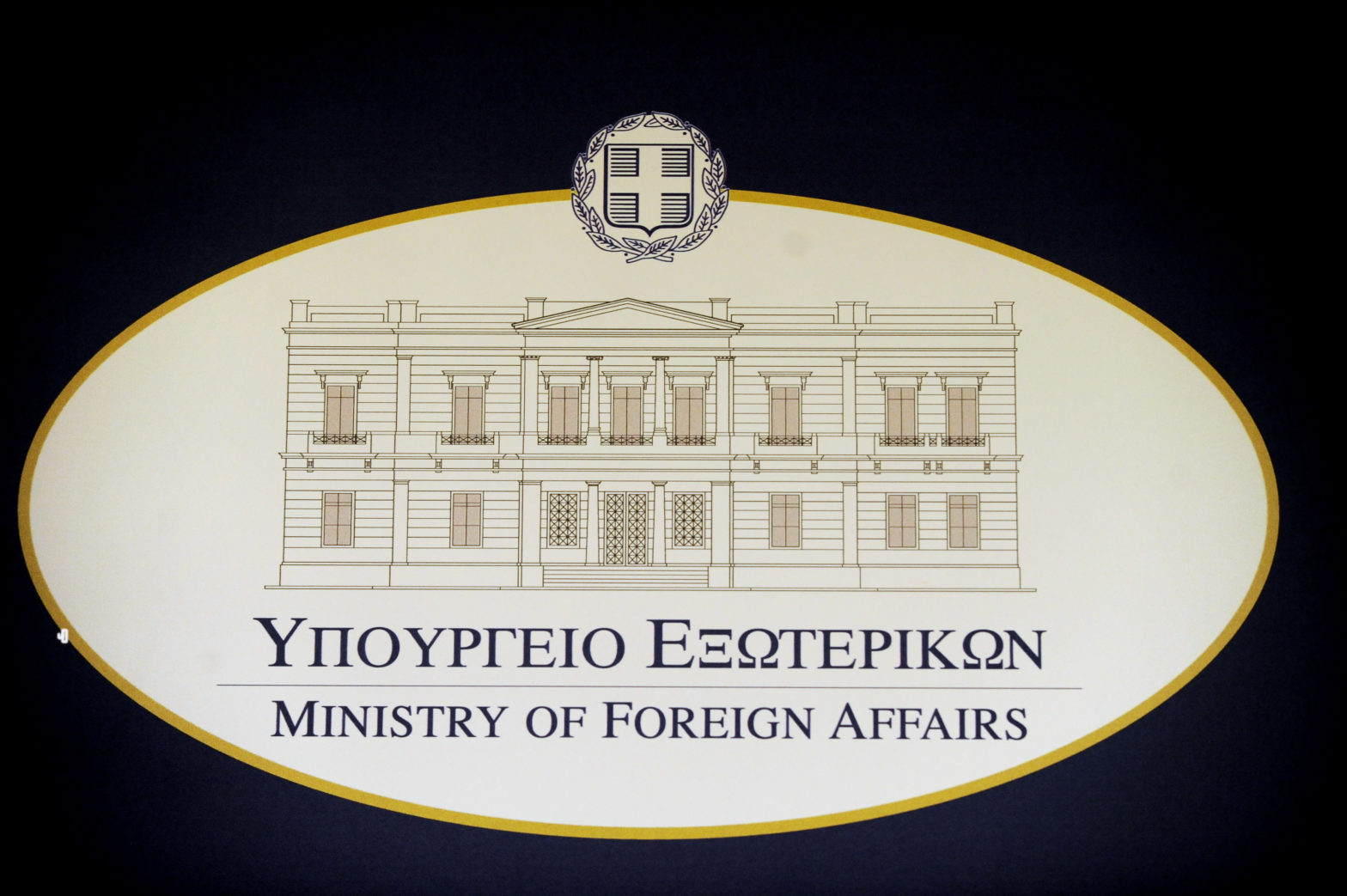General News
Meropi Kyriacou Honored as TNH Educator of the Year
NEW YORK – Meropi Kyriacou, the new Principal of The Cathedral School in Manhattan, was honored as The National Herald’s Educator of the Year.

If you consider that the Russians are the coreligionists of the Greeks, the treatment of the Greek communities along the northern rim of the Black Sea for the past one hundred or so years is disheartening. Russia’s invasion of Ukraine is only the most recent example. The suffering of the Greek-origin populations in the southeastern tip of the country is all over the Greek media outlets. Their heavily accented Greek describes yet another serious challenge to the well-being of the Greeks of the Black Sea region.
Originally, Greeks, mostly from the Pontus region, moved to what was then the southern part of the Russian Empire to escape the depredations of the Ottomans. Catherine the Great encouraged Greeks to settle in the Crimea, and populate those newly conquered regions. There had been Greek colonies there in the Classical and the Byzantine eras as well.
With trade opening up in the nineteenth century many Greek merchants also settled in the area. The port cities of Mariupol, Taganrog and Odessa had flourishing Greek communities in the nineteenth century. And it was in Odessa that the ‘Philiki Etaireia’ was formed in 1814 and began preparing the way for the Greek revolution of 1821.
Things began going awry for the descendants of the Greek settlers during and after the Bolshevik revolution of 1917 and the communist take-over. Thousands of Greeks left, but others remained, especially in Mariupol and its surrounding villages which became part of the ‘Ukrainian Soviet Socialist Republic.’ With the collapse of communism in 1991, the number of persons of Greek origin in the new nation of Ukraine amounted to just under 91,500 according to official figures, but this number did not include many persons of Greek ancestry who had become assimilated into Ukrainian society.
Mariupol and its surroundings are part of the Donetsk administrative region where the Russians are the dominant ethnicity. In 2014, with Russia’s backing they formed the Donetsk People’s Republic which since then has hovered precariously between Russia and Ukraine. The Greeks, by most accounts, tried to stay out of the conflict. But they were forced to react during the current hostilities when the Russian army began heavy shelling on Mariupol. This led the recent exodus of the Greek population.
If this exodus becomes irreversible a unique and rich aspect of the Greek diaspora will be lost. The Greeks of Mariupol and its environs created their own version of the Greek language. Especially in the provinces, the Greek dialect is known Ruméika which itself has five subdialects. Linguists debate the extent to which Ruméika is derived from Pontic Greek or also from dialects spoken in Northern Greece. But at least one village is said to speak what is recognizably Pontic Greek. There was also another, different dialect that survived in the region, the Urum which was a form of Turkish spoken by the Greeks who moved out of the Ottoman Empire. The script that is used by Ruméik speakers is mostly Cyrillic and they used it not only to communicate but also to express themselves culturally. In the 1930s there was a theater in which plays in Ruméik were performed, and there were also magazines that published prose and especially poetry in that dialect.
Ruméik was suppressed in the late 1930s which was an era of Russian nationalist measures, but it survived, and it even experienced a revival following the collapse of communism. The freedom of ethnic expression that the post-communist era brought enabled the Mariupol Greeks to seek help from Greece to maintain their culture. Inevitably perhaps, they decided that language instruction in the community schools should focus on modern, standard Greek rather than try and arbitrate among the Ruméik sub-dialects.
The efforts to promote the Greek language received an important boost with the establishment of the Department of Greek Philology and Translation at Mariupol State University. Its purpose is the teaching, dissemination and spreading of the Greek language and Greek culture among Ukrainians and the ethnic Greeks of that country. In 2005, the Cyprus-based Anastasios G. Leventis Foundation established the Konstantinos Leventis Library of Hellenistic Studies at the university. The library houses 18,000 volumes, reference books, and books on education, science, and literature in several languages as well as a range of electronic resources. It is one of the largest Greek-language related libraries in the whole of Eastern Europe.
That this Hellenic cultural treasure exists in a city that is under attack is alarming. But much more frightening is the ongoing threat to the lives of the Greeks of the region, along with all its other inhabitants. Greek diaspora communities have historically survived through adaptation and resourcefulness. Hopefully, the Greek presence in the Mariupol region will survive the current situation as it has so many other challenges in its long history.
NEW YORK – Meropi Kyriacou, the new Principal of The Cathedral School in Manhattan, was honored as The National Herald’s Educator of the Year.

RAFAH, Gaza Strip (AP) — Sabreen Jouda came into the world seconds after her mother left it.
VENTURA, CA – Greek-American George Christie was featured on Fox News Digital (FND) for his time in the Hells Angels, recounting the moment he decided to quit the motorcycle club he had formerly led.
NICOSIA - The suspending of asylum applications from Syrian refugees on Cyprus has now been followed by President Nikos Christodoulides saying the island country that’s a member of the European Union can’t take any more in.
WASHINGTON - Although human rights groups have chided Greece’s record in dealing with refugees and migrants, alleging pushbacks the government denied happened, the US State Department said Greece’s record is essentially status quo.